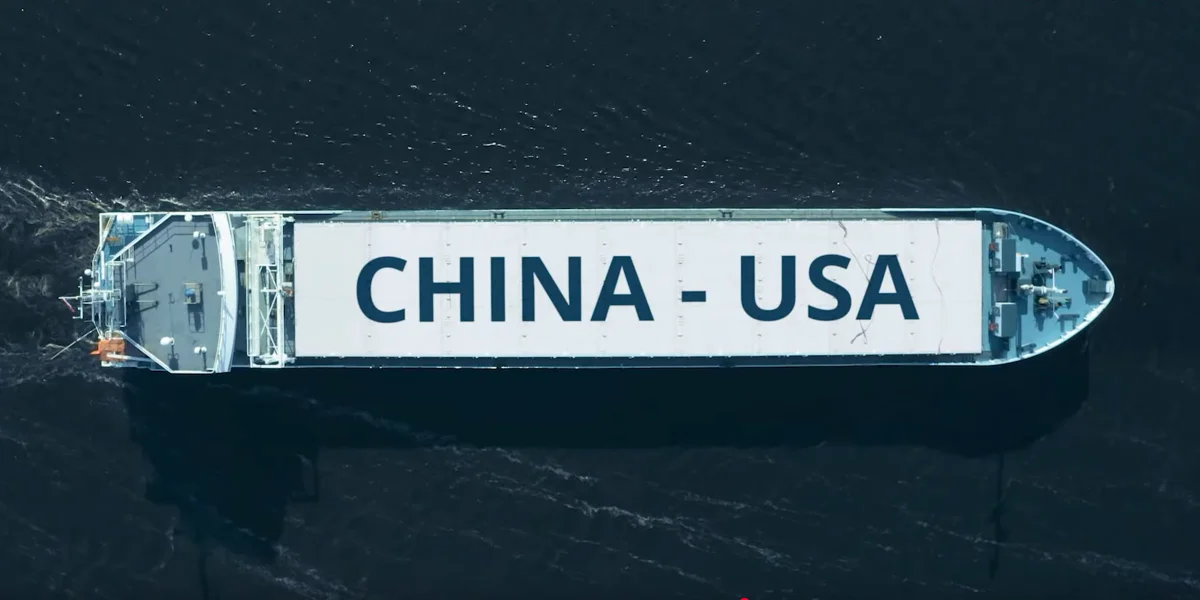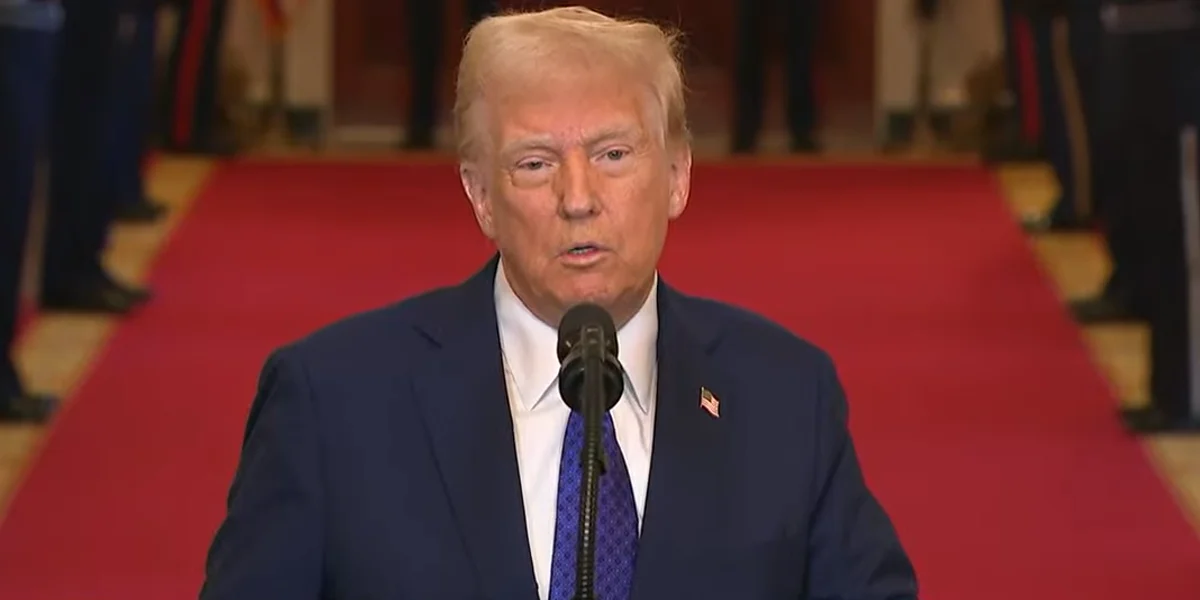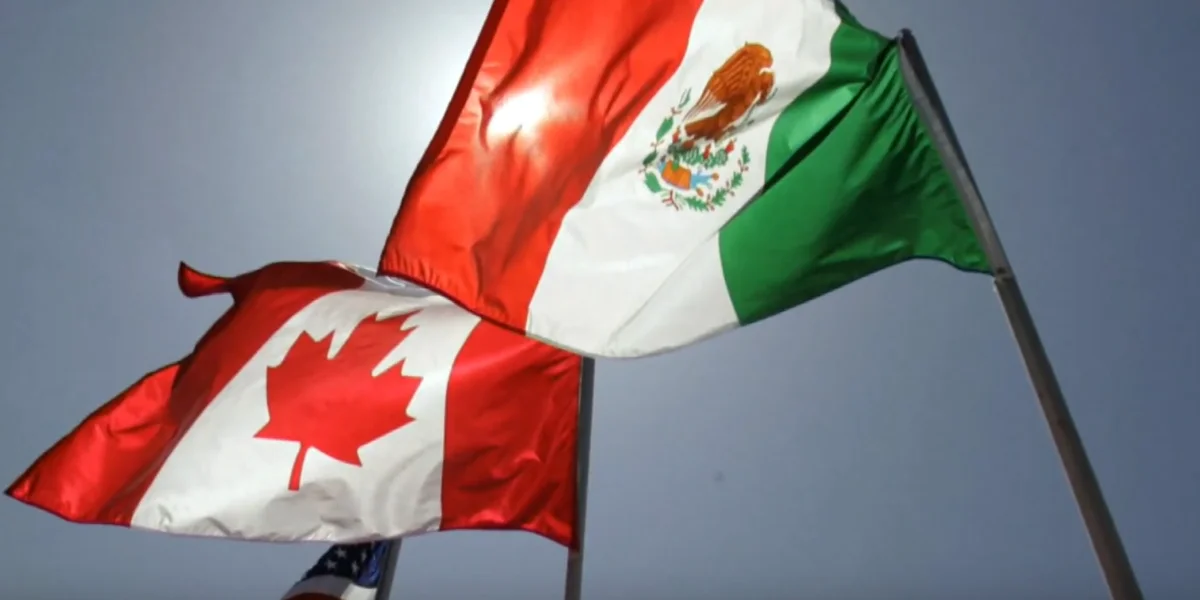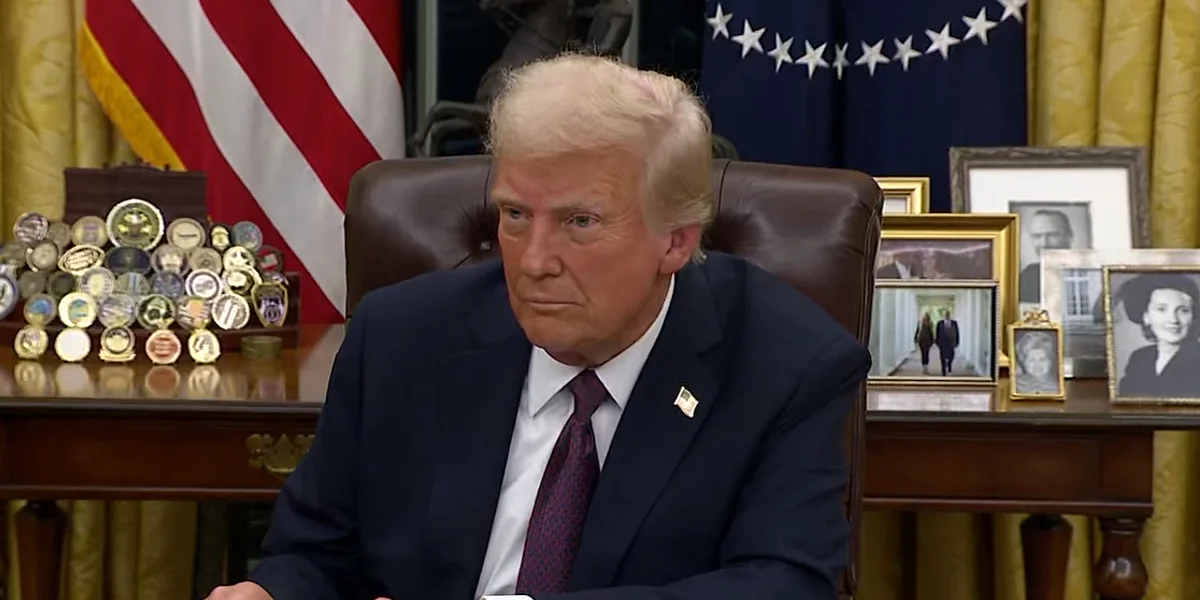China hits back as Trump's tariffs take effect

On Tuesday, Beijing proposed a wide package of economic measures aimed at the United States, responding to US President Donald Trump's 10% tariffs on Chinese goods.
China will apply an extra 15% tax on coal and liquefied natural gas, as well as a 10% duty on crude oil, agricultural machinery, large-displacement autos, and pickup trucks, beginning February 10, according to the government. The measures will take effect on February 10.
The Chinese declaration came minutes after the US tax went into effect at 12:01 a.m. ET, the only one to go forward after President Donald Trump postponed the 25% duties he had set on products from Canada and Mexico.
The inability to prevent tit-for-tat tariffs with China increases the prospect of a trade war between the world's two largest economies.
“This unilateral tariff hike by the U.S. side seriously violates World Trade Organization rules, does nothing to solve its own problems, and undermines normal China–U.S. economic and trade cooperation,” the Customs Tariff Commission of the State Council, China’s Cabinet, said in a statement.
The Ministry of Commerce and China's Customs Administration have also announced new export limitations on more than two dozen metal items and associated technology, which will go into force immediately. These include tungsten, a crucial mineral commonly utilized in industrial and defense applications, and tellurium, which may be used to produce solar cells.
The ministry also announced it was adding two American corporations — biotech company Illumina and fashion retailer PVH Group, owner of Calvin Klein and Tommy Hilfiger — to its list of untrustworthy entities, claiming they "violated normal market trading principles."
In addition, Beijing initiated an inquiry into Google for suspected antitrust breaches, as well as export bans on tungsten and other rare earth elements, both of which are important components of high-tech goods.It also stated that U.S. genome sequencing business Illumina and PVH Corp., the owner of Calvin Klein and Tommy Hilfiger, will be put to the "unreliable entity list," limiting their ability to operate in China.
This is not the first instance of tit-for-tat between the two countries. In 2018, China and the United States engaged in an intensifying trade war, with Trump frequently raising taxes on Chinese imports, prompting China to reply each time.
This time, observers say, China is far better prepared, launching a raft of actions that go beyond tariffs and affect all sectors of the US economy. The administration is also concerned about disturbing its own weak, largely trade-dependent economy.
Trump is set to meet with Chinese President Xi Jinping "in the next couple of days," White House press secretary Karoline Leavitt said Monday.






